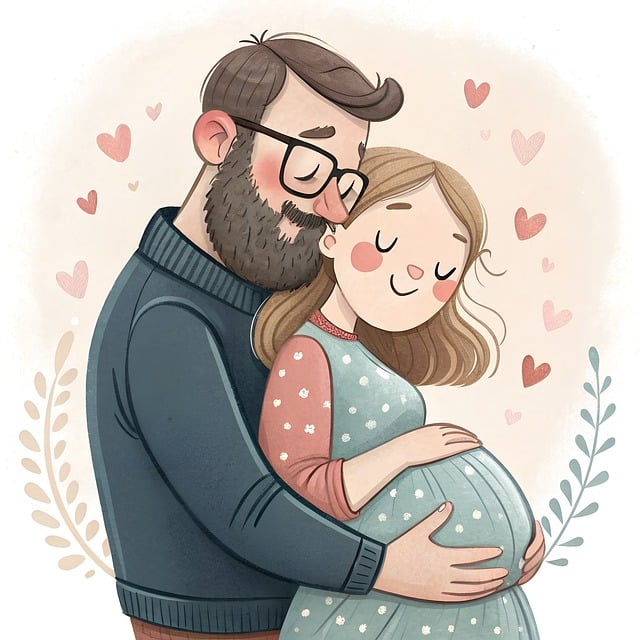Freezing eggs has become a popular option for women who wish to delay starting a family for various reasons. Many women are aware that their biological clock is ticking, and fertility tends to decline as they age.
Insights from Dr. Emily Carter
To shed light on the health of babies conceived from frozen eggs, we spoke with Dr. Emily Carter, a reproductive endocrinologist and Clinical Research Director. She reassured prospective parents that, based on current evidence, babies born from frozen eggs are generally healthy. “While the technology is still relatively new, the data we have gathered indicates promising outcomes, particularly for women who might otherwise miss the chance to have children using their own eggs,” Dr. Carter noted.
The Egg Freezing Process
Egg freezing has been around since the 1980s, but its popularity has surged, especially as many women are choosing to become first-time moms later in life. The procedure involves stimulating the ovaries with hormones, retrieving the eggs, and then freezing them through a rapid process known as vitrification. When ready to use the eggs, they are thawed, fertilized, and implanted, much like in vitro fertilization (IVF).
Optimal Timing for Egg Freezing
Dr. Carter recommends that women consider freezing their eggs before turning 35 to maximize their chances of success. Women under 38 who freeze around 20 eggs have nearly an 80% chance of having a baby later, while those aged 38 to 40 might see success rates between 70% and 75% if they freeze at least 30 eggs.
Financial Considerations
Financial considerations are also crucial. Many fertility clinics now offer payment plans to make egg freezing more accessible. For instance, some clinics provide options that allow for monthly payments, making the process less daunting financially.
Getting Started with Egg Freezing
If you’re contemplating egg freezing, the first step is to assess your fertility through testing. This helps determine the number of eggs you might be able to retrieve in one cycle. After the results are in, your physician will guide you in crafting a tailored plan addressing when and how many eggs to freeze based on your family-building goals.
Making Informed Decisions
Deciding when to have a baby is deeply personal and requires careful thought. Fortunately, there are resources available to ease the decision-making process. For more insights on ensuring your baby sleeps well, check out this post on mastering the art of putting your baby to sleep. Additionally, for couples seeking to navigate their fertility journey, visit this comprehensive guide on artificial insemination. And if you’re looking for more information about pregnancy, this resource is an excellent place to start.
Conclusion
In summary, freezing eggs can be a viable pathway for many women, with healthy babies resulting from this process. By taking the right steps and getting the necessary support, women can make informed decisions about their family planning.

